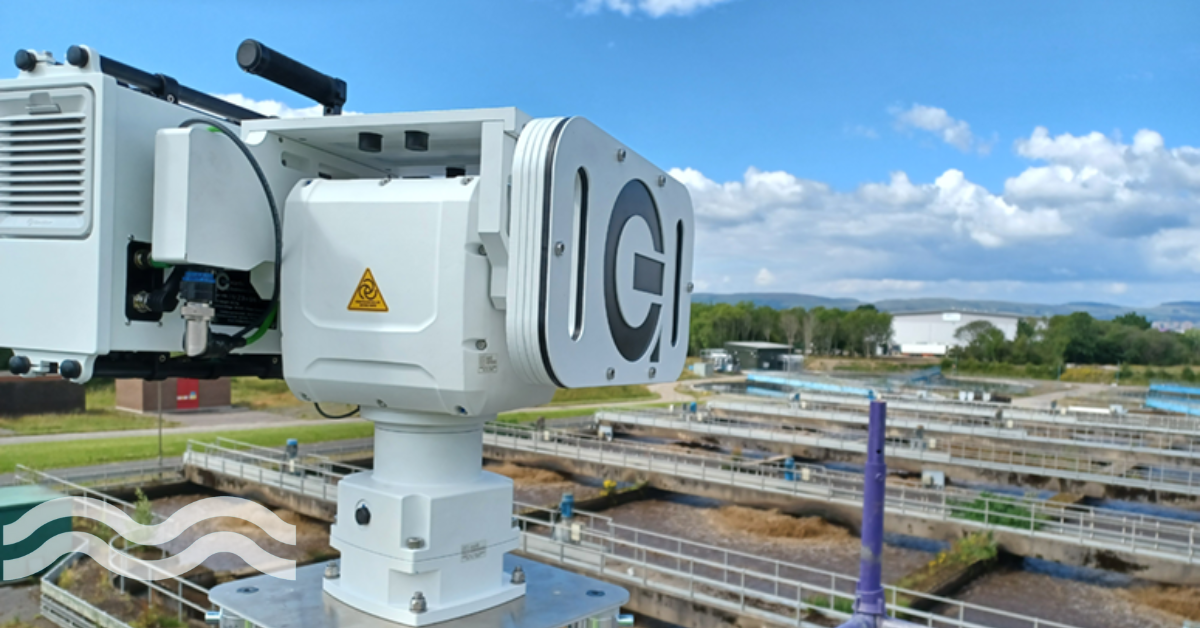Scotland trials new infrared tech for wastewater emission measurement
Scotland is trialing a new technique for measuring emissions from wastewater. The infra-red technology can pinpoint tiny molecules of emissions from more than two kilometers away, giving experts a detailed read-out of greenhouse gases to allow them to eliminate them more effectively.
A deeper understanding of wastewater emissions
Traditionally, identifying emissions across the country has been localised yet the adoption of Fourier Transform Infrared (FTIR) technology marks a pivotal change. This advanced technology allows for a broader scan of areas for nitrous oxide, methane, and carbon dioxide emissions, shedding light on the specific contributions of treatment works to these emissions.
A wastewater treatment works near Glasgow will implement Grandperspective’s scanfeld FTIR technology from Germany, after being identified through the Hydro Nation Chair (HNC) programme, based at Stirling University.
The technology was selected for the trial due to the level of granular detail offered, which is hoped to “deepen” the understanding of emissions from wastewater treatment plants.
“Identifying, quantifying, and locating the sources of emissions at these plants is vital as we work towards the target of going beyond Net Zero by 2040,” said David Millar, HNC Technology programme senior innovation fellow.
Scotland’s Net Zero plans
Scottish Water operates more than 1,800 wastewater treatment works across cities, towns, and rural communities. Wastewater treatment accounts for most of the company’s emissions.
It has the ambitious goal of achieving operational net zero emissions by 2030 and full net zero status by 2040. Becoming more energy-efficient, utilising low-carbon construction methods and investing in renewable power technologies are all significant steps it will take to reach the target.
In September 2022 the company announced that half of the greenhouse gas emissions associated with the delivery of Scotland’s water and wastewater services had been cut.
In its Net Zero Emissions Routemap it announced that it had reduced 18,000 tonnes in operational greenhouse gas emissions, taking the total yearly figure to 231,000 CO2e. This was achieved through delivering a mixture of energy efficiency, generating its own renewable energy, transforming its fleet and planting more than 200,000 trees, it said.
A sector first for the UK
The use of FTIR technology is a sector first in the UK, yet it is gaining popularity globally among countries seeking to improve their wastewater treatment capabilities. Countries like Japan, France, Germany, and the United States have already adopted FTIR in their wastewater treatment processes.
We promise never to send you spam and you can unsubscribe at any time!

